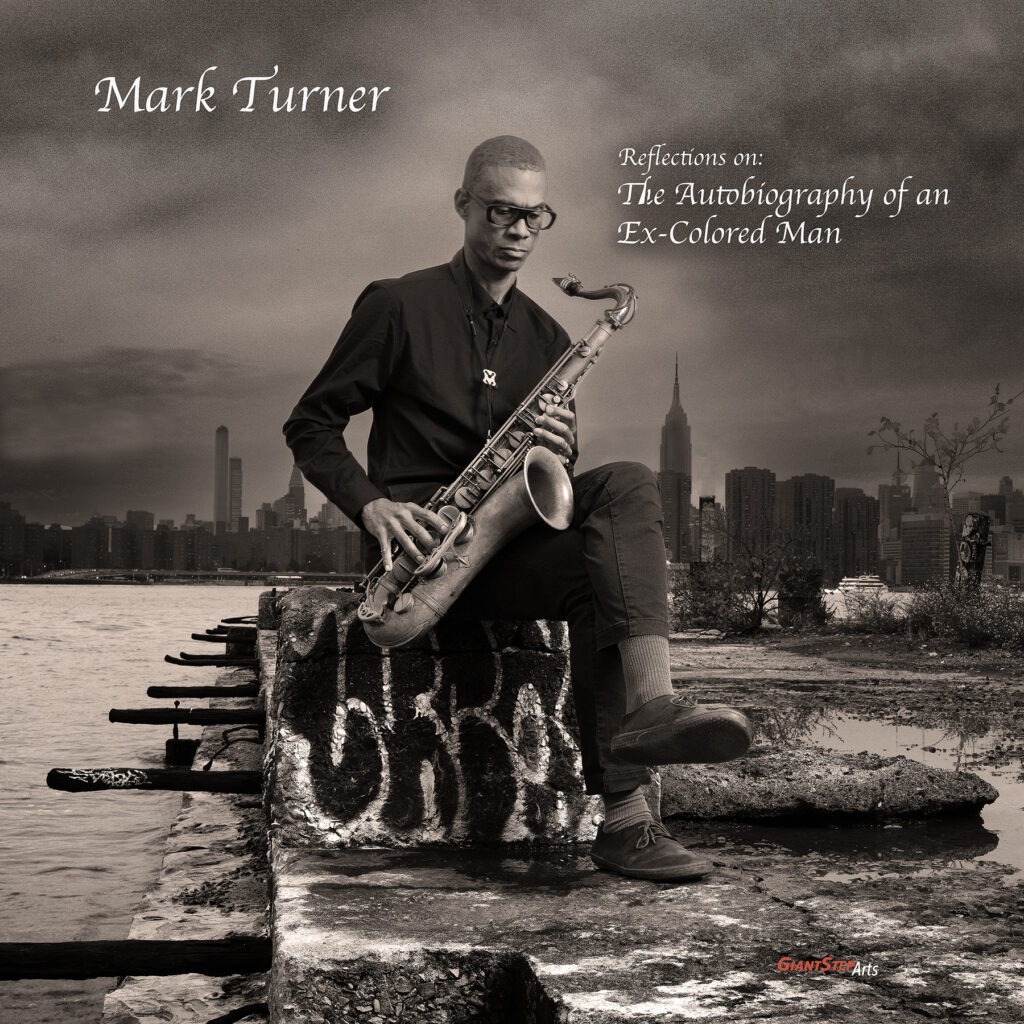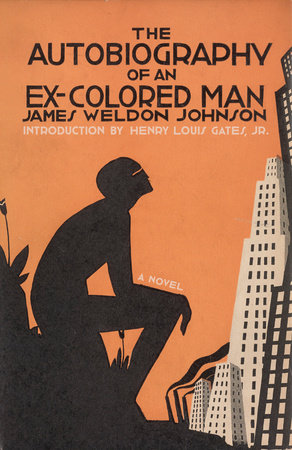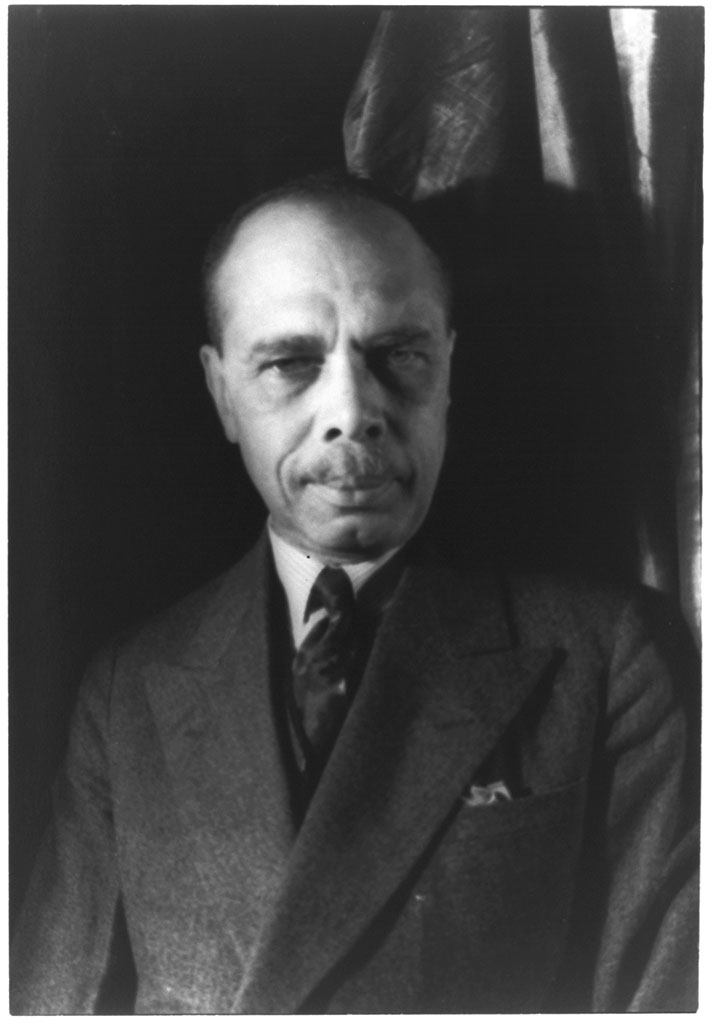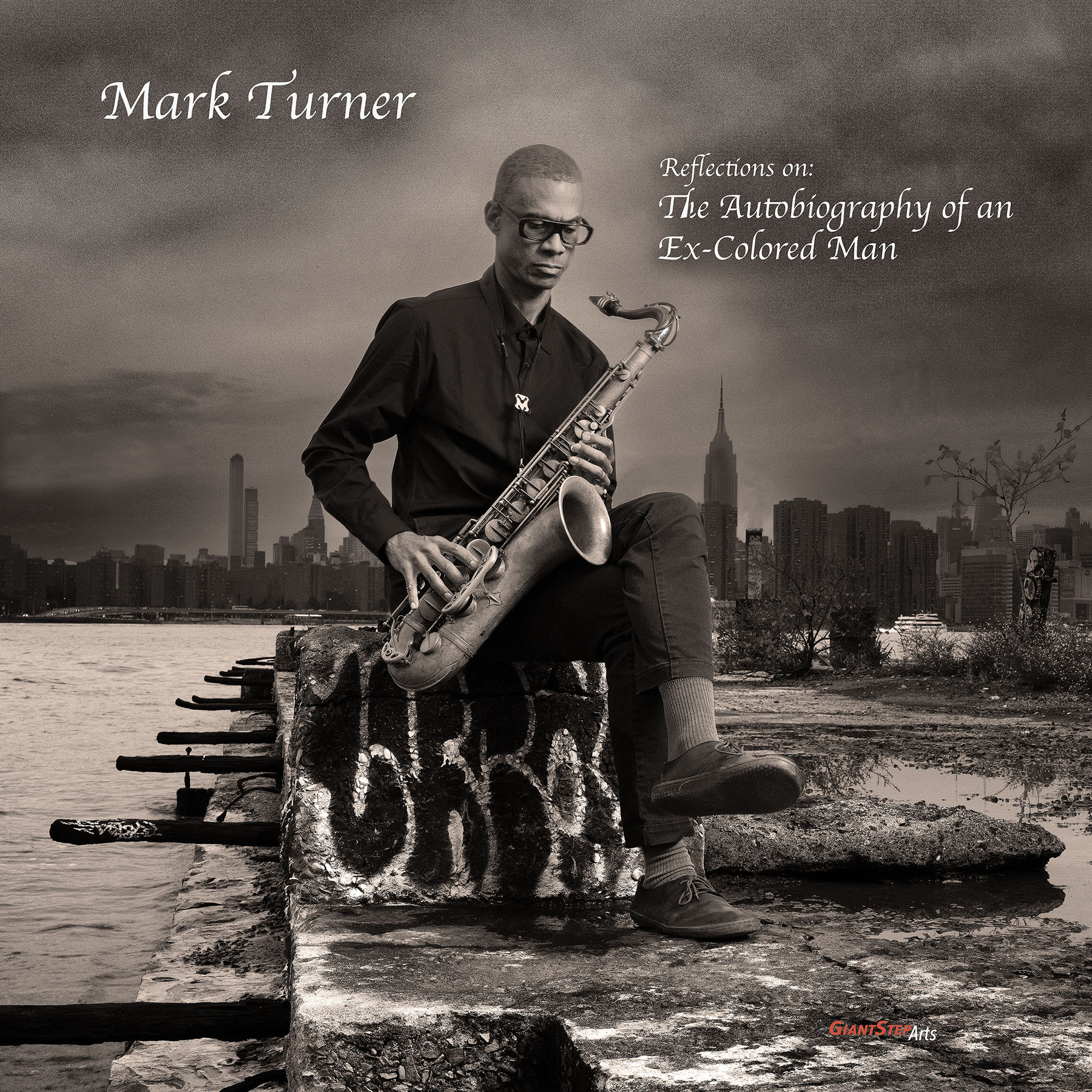From Duke Ellington’s “A Drum is a Woman” to Wynton Marsalis’ “Blood on the Fields,” jazz compositions and the spoken word have often made beautiful and enduring music together.
Tenor saxophonist Mark Turner’s new release, “Reflections on: The Autobiography of an Ex-Colored Man” (Giant Step Arts), is his sumptuous musical portrait of James Weldon Johnson’s novel “The Autobiography of an Ex-Colored Man,” about the trials and tribulations of an unnamed biracial musician who decides to pass for white. Johnson, a celebrated lawyer, diplomat, writer and lyricist who co-wrote “Lift Every Voice and Sing,” the Black national anthem, first wrote the novel anonymously in 1912 and published it under his name in 1927.
Turner has been a veteran on the jazz scene for three decades, with nearly 20 recordings as a leader. His lithe and limber saxophone — an amalgamation of John Coltrane’s sheets of sound and Warne Marsh’s intellectual improvisations — are supported on the recording by Cuban pianist Dave Virelles, trumpeter Jason Palmer, bassist Matt Brewer and drummer Nasheet Waits. Together they provided a syncopated, sepia-tinged soundtrack on ten selections that includes straight-ahead, ballad, avant-garde and Latin-tinged compositions laced with Turner’s nuanced narration of the author’s impassioned words.
Black News & Views talked with Turner by phone from his home in Los Angeles about the making of his album, his musical process, and the translation of literature into music.
Black News & Views: When did you first read James Weldon Johnson’s book?
Mark Turner: I read it maybe 25 years ago. I was just doing my own Afro-Am studies [course], because I think, like most of us, I didn’t get anything from it in school. So I just started studying on my own, and that’s one of the books I ran into. I never heard of anyone talking about passing [for white] at that time. There were a fair amount of people on my mother’s side of the family that could pass: the sisters of my great grandmother. They actually did what the protagonist in the book does; they left the family. They married some white people and that was it. No one ever saw them again. So yeah, that’s what brought me to that book.

BNV: When did you decide to perform and record your work?
MT : We first performed it back in 2018 at The Village Vanguard [in New York]. I wrote the music in 2016, 2017 so that’s number one. Sometimes it takes a long time to record things [due to] logistics, record labels, time, business and all that. The opportunity came to record it during the pandemic.
BNV: Talk about the process of transforming the literary language of the book into music.
MT: I was looking for other ways to write music. I think most jazz musicians write based on musical principles meaning melody, harmony, rhythm or instrumental technique and what have you. I heard about writing from other catalysts. So I chose this book as an organizing principle.
BNV: Tell me about the spoken-word passages on the recording.
MT: The first thing is that I originally didn’t intend to do any spoken word. But not long before I was about to perform it, I thought it would be great to have some words to enhance the music. So I went back to the novel and tried to find passages. When I first did it in 2018, I read quite a few different ones. I sort of narrowed it down to these ones as central ones that I wanted to have as a document. I couldn’t really deal with all the themes in the book, but I sort of tried to figure out how to kind of try to parcel out the main themes that James Weldon Johnson is presenting.


BNY: What are Johnson’s themes?
MT: I think he’s trying to say a lot of things. He’s trying to say that the race question is nuanced. That’s number one. It’s just not that simple. I think that’s one thing he’s saying. The [protagonist] himself … he’s got issues he’s trying to figure out. He wants to be part of African-American history and his people, but he also was drawn to the access that he can get if he presents himself as white. And so I think as James Weldon Johnson presents in the book, there is an economic necessity: you gain advantage if you’re lighter, especially if you’re white, there’s a gradation of access depending on the shade of your skin. We all know that, but he’s presenting that. So he’s saying that’s true. There’s an issue with how committed one will be, based on that economic pull. He presents other points.
So another point is when the protagonist meets a dark-skinned man who’s on a ship when he was on his way back. They have a long discussion. He’s a doctor, and he presents himself as one of the highly successful Black people all over the world. He talks about how Black people are successful, who have different vernaculars, meaning you don’t have to speak like it from the South, or a codified Black vernacular to be culturally Black. So he’s saying that you don’t need to be light-skinned to be highly successful, and this guy has a certain opinion about it.
BNV: For all the perceived liabilities of Black Americans, this man is literally comfortable in this dark skin.
MT: Yes, that’s right, exactly.
BNV: What are you reading now?
MT: I’m reading Octavia Butler’s “Blood Child,” and other stories. I’m about to do another kind of spoken-word suite based on her work, and I’m just trying to figure out which one.
BNV: It’s interesting that you will be highlighting the work of a groundbreaking science fiction writer, whereas your last subject dwelled in the literary/artistic world.
MT: Music is an art, a science and a craft. I feel very strongly about that,






